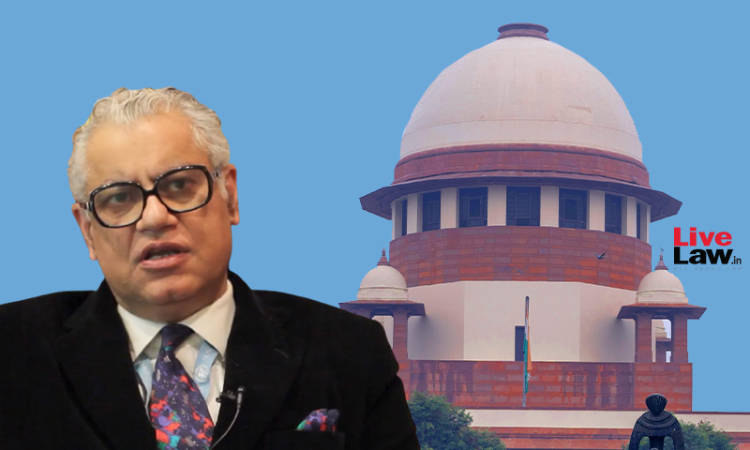‘Why Is The Bar Silent As Judicial Independence Comes Under Attack?’ Asks Senior Advocate Anand Grover
Awstika Das
26 Jan 2023 2:44 PM IST

Next Story
26 Jan 2023 2:44 PM IST
Amid the intensifying war of words between the executive and the judiciary over the issue of judicial appointments and the basic structure doctrine, Senior Advocate and former United Nations Special Rapporteur Anand Grover urged members of the legal fraternity to throw their weight behind the judiciary to ensure their independence. Calling the silence of the bar associations on these...
